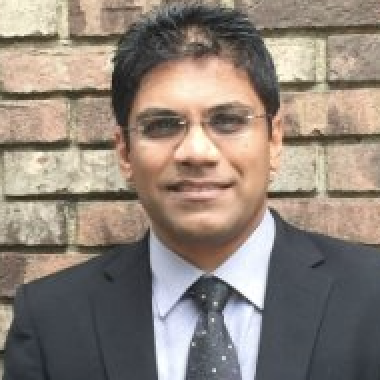Tech Skills of the Future
"Our education system is lagging what is needed in the workplace."
Women have a tendency to self-select themselves out of core technology roles and into analysis, project management, and other support roles. We believe this is becoming a barrier to some of the highest levels of leadership as companies increasingly expect leaders to come from core engineering backgrounds and continue to be hands-on technologists. Have you noticed this drop out of core tech over the course of your career? What do you think the reasons were?
While women are joining the technology field in higher numbers than ever, women programmers and engineering leaders are still rare as unicorns. You are right that the track to Head of Engineering roles goes from software development to lead to architecture and managers. There are other tracks though. Track 2 starts with Business Analysis and leads to Product Leaders. And Track 3 is the execution-focused project and program management route, agile, scrum roles. I would add more QA-focused roles to this track as well. Women in technology are definitely more in the 2nd and 3rd tracks.
The unsaid, unspoken truth is that Track 1 - engineering and development tracks end up rising to leadership roles. And because there is under-representation in that track, there are fewer women in leadership. But this is not for lack of talent. There is a long history of women in engineering. Ada Lovelace was the first programmer in 1843. Barbara Liskov’s path-breaking work paved the way for modern object-oriented programming (OOP) languages, which is the foundation of modern operating systems.
The problem lies with not enough women role models in computer science. And we have to start early. We emphasize role models in the corporate world, the reality is that there are also fewer role models in academia. This is why programs that get girls interested in coding early are very important. As is creating more professional opportunities for women in engineering.
What do you think are the fundamental skills to succeed in tech? What technical areas do you think are the future of tech? Where should young workers focus?
From the lens of Financial Services Technology, core skills of mathematics, economics, and statistics are very important. People can augment these skills with marketing and business skills. There is emphasis these days on Fintech opportunities, the reality is that Finance has always been very technology-led.
From a future skill perspective, I strongly believe that ability to work with data is increasingly important. Learning Data & Analytics, Machine Learning, and Deep Learning will be vital for all technology roles. From a Financial Services perspective, strong knowledge of Python and scripting technologies, Angular or React frameworks continues to be important.
Our education system is lagging what is needed in the workplace. It has not kept up with what is needed in the workforce. We are still studying Tannenbaum and Networking while the needs of the workplace are more advanced. Technologists should continue to learn and add new skills to themselves.
"One cannot hire well with a trust deficit."
How do you hire? What do you look for in candidates?
Of course, having the right skills for what is needed for the role is important. The skill quadrant for us is technology skills and domain skills (understanding of our business). But this skill assessment is only a part of the puzzle for us. While earlier hiring practices would see this as the most important assessment criteria (carrying 75% of the weightage), we definitely see this skill quadrant assessment as 50% of the evaluation.
The other 50% is focused on soft skills, problem-solving, and EQ (emotional quotient). It is not what you say, but how you say it. Does the person understand the law of sowing and reaping and the law of delayed gratification? How do they handle adversity and failure? Do they take a long view of their career?
In hiring, technology assessments are easier than understanding personality and cultural fit. Companies spend a lot more time doing detailed assessments at higher levels, but not so much for entry or lower levels. The reality is that culture is built at lower levels. Mutual respect is important. Listening skills are important. How people behave when in meetings is important. When the cameras are off, do we live our values? That is incredibly important.
What about the hiring process itself? Is there something you ask the teams to focus on as they evaluate candidates? We know that “widening the gate” can sometimes mean the interview process has to be right.
One cannot hire well with a trust deficit. You must have underlying trust in the skills being claimed and then verify. But that verification cannot be done in multiple intense rounds or coding tests. How people feel when they are being interviewed is important. If they feel threatened or insecure, they will not feel welcome or perform well when they join the organization.
Check out these related articles:
-> Diversity and Inclusion in Technology
-> The Future of Technology and Women in STEM
Privacy Policy Terms Of Use




